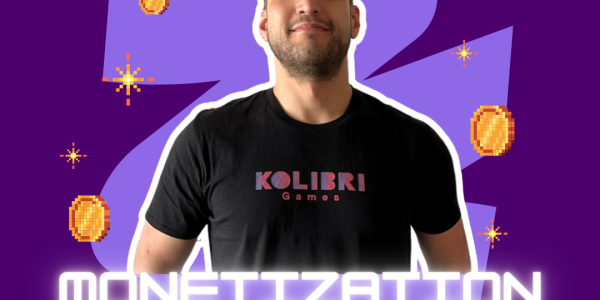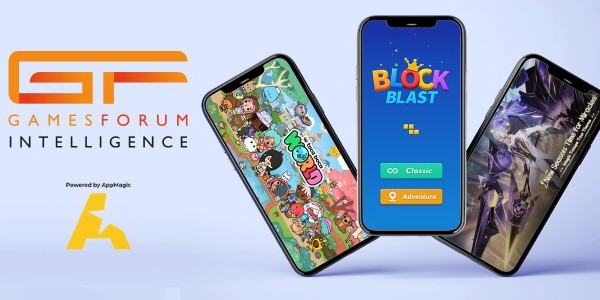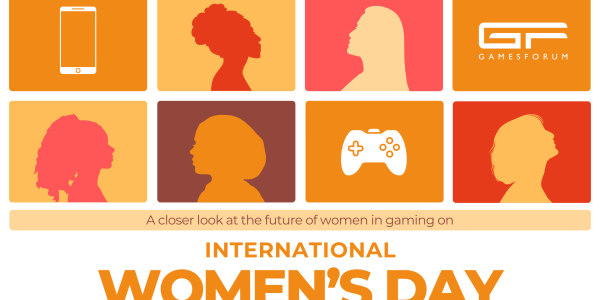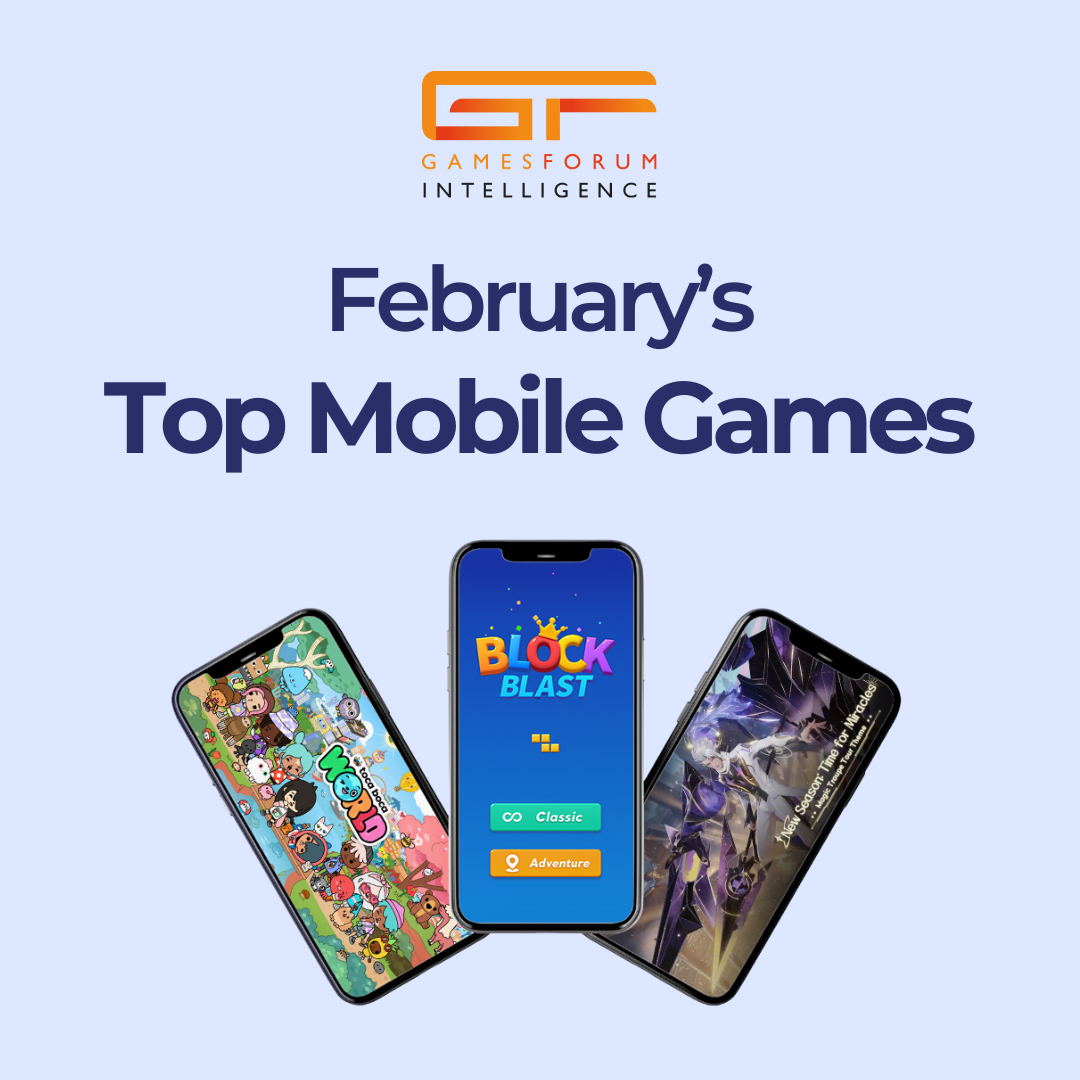The A to Gen Z of Rewards-Based Mobile Marketing


In this piece, ZBD's SVP of Business Development, Igor Melniks, explores why rewards are so crucial for this generation, and how brands can effectively harness their power.
For mobile game and app marketers, understanding Gen Z is not just beneficial – it’s essential. Born between the late 1990s and early 2010s, this demographic is reshaping how brands engage with their audience. At the heart of that shift is rewards-based marketing, a strategy that resonates deeply with Gen Z.
Rewards-based marketing incentivizes users by offering real, tangible rewards, whether it’s gift cards, digital currencies, or other perks that hold genuine value. By offering real value to users, brands can motivate the game’s playerbase to interact more deeply with their products or services. For users, the appeal lies in receiving real value for their time and attention, leading to increased engagement and a more rewarding gameplay experience. For brands, the payoff is huge. This approach can supercharge loyalty, increase conversion rates, and build a more devoted user base, creating what we believe to be a win-win scenario for both users and brands.
The Rewarded Generation
So what is it that’s fundamentally different about this generation? Unlike older cohorts who can be more tolerant of traditional ads, Gen Z have grown up with access to a world of content being instant, from streaming movies and TV on Netflix, to accessing videos on Instagram or Tiktok. Now with that being the standard, they seek something real in return for their attention and, more importantly, time. They are less tolerant of intrusive ads and more responsive to those that provide a clear benefit, such as rewards or incentives; in fact, 74% of Gen Z gamers would be more receptive to ads in games if they were paid some Bitcoin for their time. A striking characteristic of Gen Z is their entrepreneurial spirit. A significant percentage of this demographic is involved in side hustles, including social media content creation, streaming, and podcasting. According to a ZBD survey, a notable proportion of Gen Z (70%) is engaged in these activities. This side hustle culture aligns perfectly with rewards-based marketing, making them more receptive to and engaged with ads that offer financial rewards or support their entrepreneurial endeavours.
Gen Z’s openness to cryptocurrencies is remarkable. 33% already own some form of cryptocurrency with 74% of respondents interested in the arrival of Bitcoin rewards in their favourite games. This trend indicates a growing acceptance and demand for digital currencies. As Central Bank Digital Currencies (CBDCs) continue to gain traction, digital currencies are set to become an increasingly preferred form of reward among this tech-savvy generation.
Emerging technologies play a crucial role in the success of rewards-based marketing. Platforms leveraging the Bitcoin Lightning Network, for instance, enable instant, scalable payouts, enhancing the user experience. ZBD’s integration of this technology within gaming environments allows for real-time reward distribution, which raises the bar for user engagement and satisfaction. The potential of cryptocurrencies as a reward is immense. Not only are they gaining acceptance among Gen Z, but they also offer numerous benefits for marketing strategies. The integration of instant Bitcoin rewards in games such as Splitgate allow prizes to be cashed out instantly. This instantaneous way of rewarding users aligns perfectly with Gen Z’s preferences, and more importantly, expectations.
An authentic win-win solution?
There’s no denying the power of in-game rewards when it comes to increasing engagement and keeping users playing. Offering Bitcoin or other digital currencies as rewards can significantly enhance the gaming experience. We’ve found that players are more likely to stay engaged with and return to the game when they receive real-world rewards. Therefore, for game developers, integrating rewards-based systems can lead to increased retention, higher engagement, and revenue growth. These systems create a more compelling user experience, encouraging players to spend more time and money within the game.
Creating engaging yet non-disruptive ads is crucial for the success of rewards-based marketing to Gen Z. Ads should blend seamlessly into the user experience, enhancing rather than interrupting it. Best practices we’ve found include using rewarded videos, native ads, and interstitials placed at natural pauses in gameplay. There’s nothing worse than interrupting a gamer’s experience at the wrong time – that may even foster brand resistance in players. Offering real, valuable rewards such as Bitcoin or gift cards can significantly enhance the effectiveness of ad campaigns. These tangible rewards provide a clear incentive for users to engage with the ads, leading to higher participation and satisfaction. Another highly important topic with Gen Z is authenticity and fairness in reward structures. These are vital for building trust and loyalty among this vast consumer base. Therefore, being fully transparent in how rewards are earned and distributed ensures that users feel valued and respected, fostering a stronger connection between the brand and its audience.
Rewards-based marketing offers substantial advantages for both brands and consumers. For brands, it drives loyalty, enhances engagement, and boosts conversion rates. For consumers, it provides real value and enriches their overall experience. Looking ahead, the future of rewards-based marketing is bright. As emerging technologies continue to evolve, we can expect even more innovative ways to engage and reward users. Gen Z and Gen Alpha are hyper in tune with what advertising they are being served, and it’s crucial marketers stay ahead of these trends, leveraging rewards-based strategies to connect with the generations effectively and authentically.










